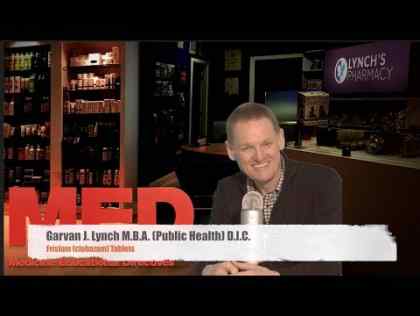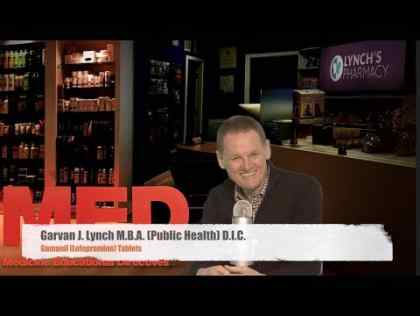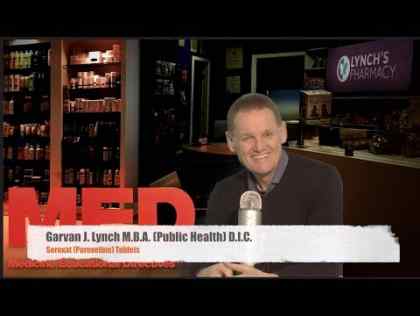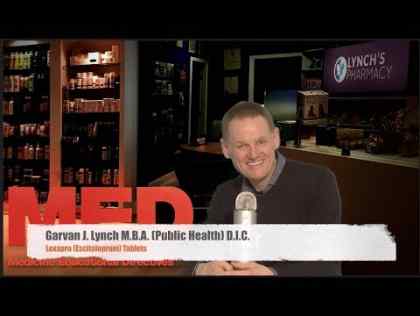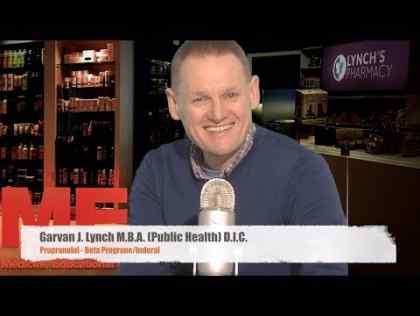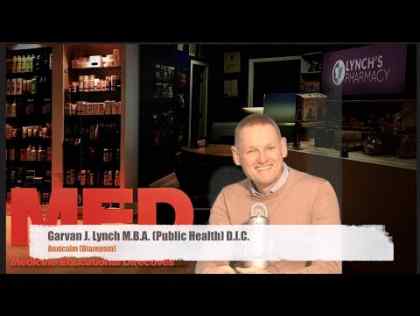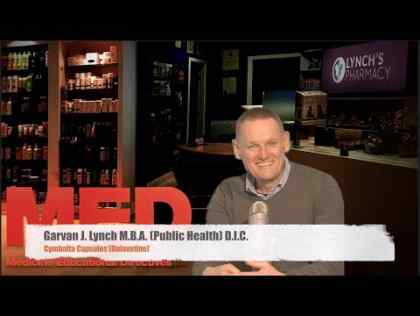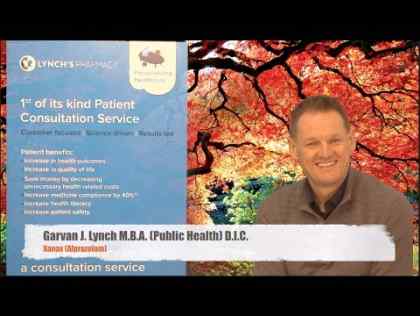-
Constant worrying or obsession about small or large concerns
-
Restlessness and feeling keyed up or on edge
-
Fatigue
-
Difficulty concentrating or your mind "going blank"
-
Irritability
-
Muscle tension or muscle aches
-
Trembling, feeling twitchy or being easily startled
-
Trouble sleeping
-
Sweating, nausea or diarrhoea
-
Shortness of breath or rapid heartbeat
Causes
As with many mental health conditions, what causes Generalised anxiety disorder isn't fully understood. It may involve naturally occurring brain chemicals (neurotransmitters), such as serotonin, dopamine and norepinephrine. It's likely that the condition has several causes that may include genetics, your environment and stress.
How do you treat it?
Like any disease, even if there is no cure, there is almost always something you can do to manage it and take control. There are three main areas involved in the treatment of any disease:
For information on medicines and therapies relevant to Generalised anxiety disorder, make an appointment at Lynch's Pharmacy, Broadale, Douglas, Cork on 021-4366923.
Learn all about the drugs used to treat the disease and any complementary medicines or therapies proven to help. Equip yourself with the tools to manage the condition and not be managed by it.
How do you live with it?
Certain adjustments may be needed to get on with your life, and often, some simple tips and advice can go a long way to making these changes.
We give you all the necessary information available to make your life more manageable and allow you to better live with your condition.
References
GAD- http://en.wikipedia.org/wiki/Generalised_anxiety_disorder
GAD, a comprehnesive overview http://www.mayoclinic.com/health/generalized-anxiety-disorder/DS00502
GAD, informamtion for patients http://www.cks.nhs.uk/patient_information_leaflet/anxiety/introduction



